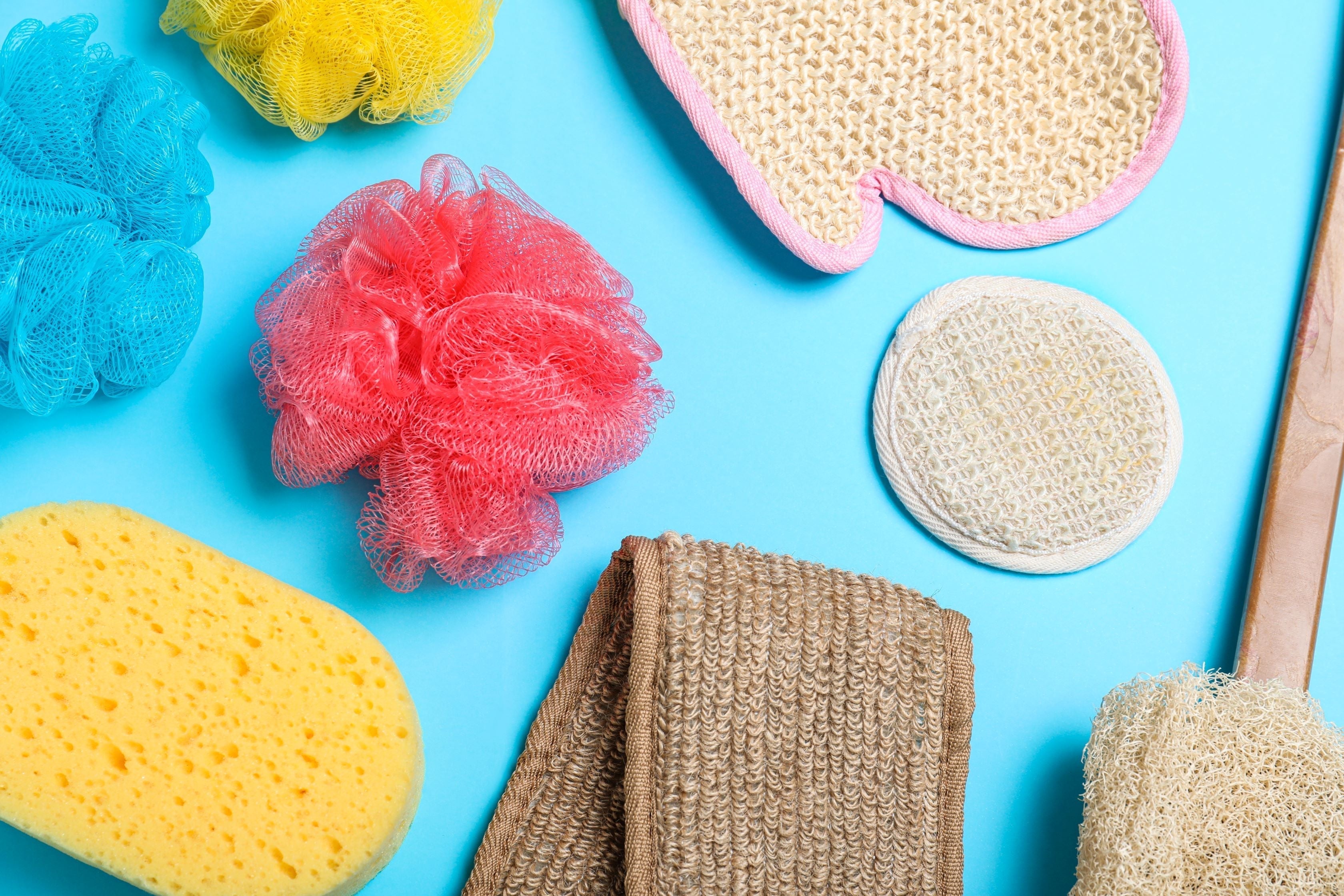Sleep hygiene refers to the practices and habits that are necessary for a good night's sleep. Good sleep hygiene can help you fall asleep faster, stay asleep longer, and wake up feeling refreshed and energized. On the other hand, poor sleep hygiene can lead to difficulty falling asleep, frequent waking during the night, and feeling tired and groggy during the day.
Stick to a regular sleep schedule
One of the most important things you can do for your sleep hygiene is to maintain a consistent sleep schedule. This means going to bed and waking up at the same time every day, even on weekends. By doing so, you can help regulate your body's internal clock, which can improve the quality of your sleep.
Create a relaxing bedtime routine
Having a relaxing bedtime routine can help signal to your body that it's time to wind down and prepare for sleep. This could include activities like taking a warm bath, reading a book, or practicing relaxation techniques like meditation or deep breathing exercises.
Keep your bedroom cool, dark, and quiet. A cool, dark, and quiet bedroom can promote a more restful sleep environment. Consider investing in blackout curtains or a white noise machine if external noises or light are interfering with your sleep.
Avoid caffeine and alcohol before bedtime. Caffeine and alcohol can interfere with the quality of your sleep. Caffeine is a stimulant that can make it difficult to fall asleep, while alcohol can disrupt the natural sleep cycle and cause frequent waking during the night.
Limit screen time before bed. The blue light emitted by electronic devices like smartphones, tablets, and computers can interfere with the production of the sleep hormone melatonin. As a result, it's important to avoid using these devices for at least an hour before bedtime.
Exercise regularly
Regular exercise can help promote better sleep hygiene by reducing stress, anxiety, and depression. However, it's important to avoid exercising too close to bedtime, as this can actually interfere with the quality of your sleep.
Watch what you eat
Eating a healthy diet can also promote good sleep hygiene. Avoid eating large meals before bedtime, as this can make it more difficult to fall asleep. Additionally, try to limit your intake of sugar and processed foods, as these can interfere with the quality of your sleep.
In conclusion, good sleep hygiene is essential for maintaining overall health and wellbeing. By following the practices outlined in this article, you can improve the quality of your sleep and wake up feeling refreshed and energized each day.



